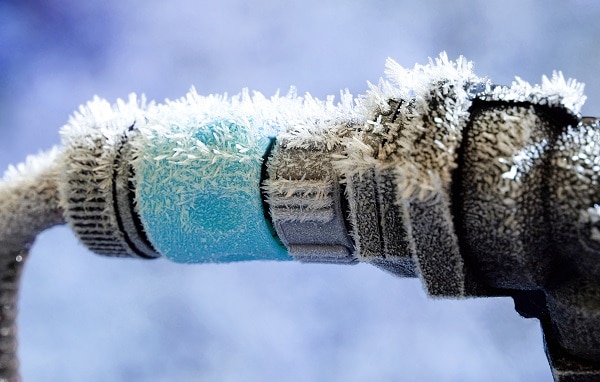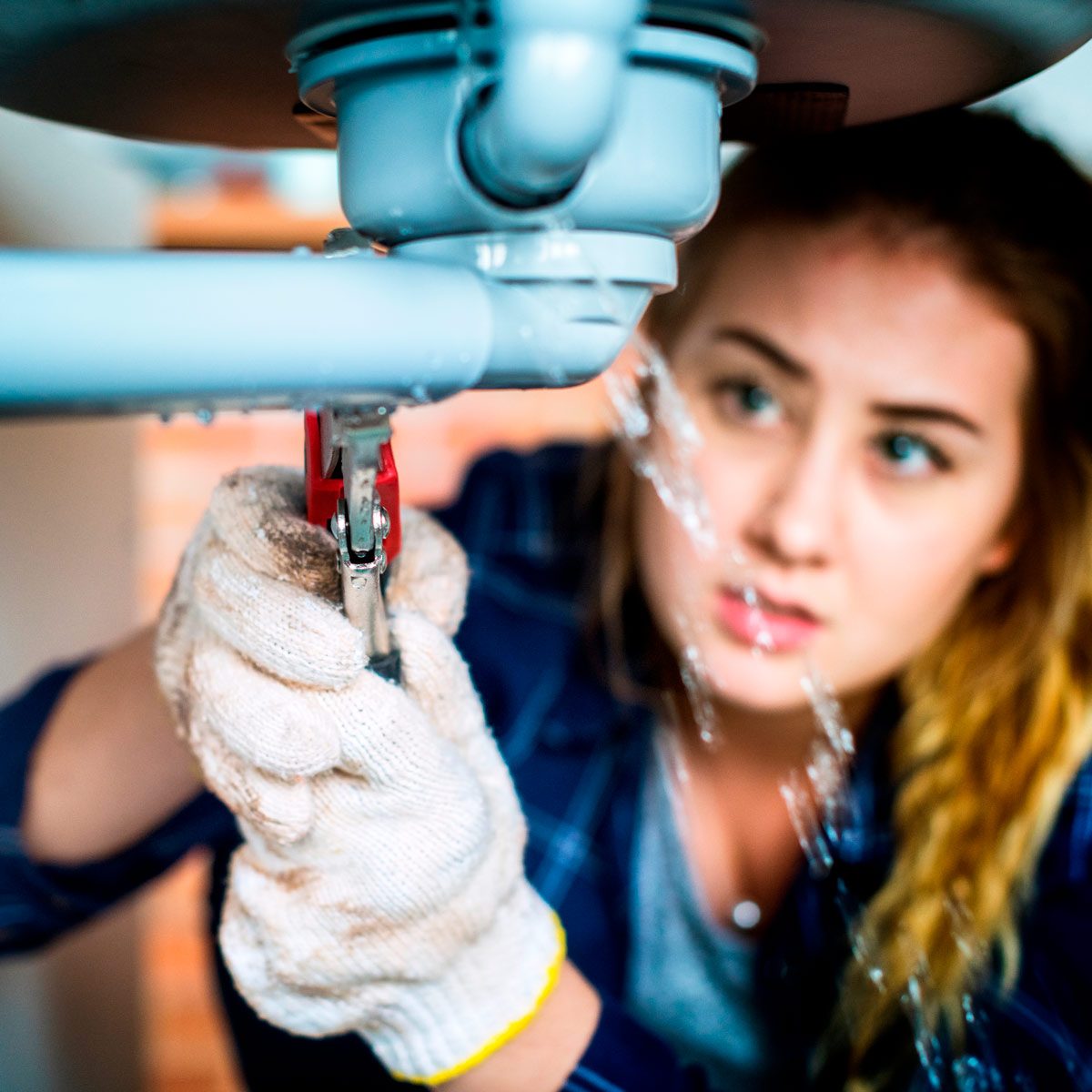Five Winter Hacks to Safeguard Your Pipes from Frigid Weather Bursts
Five Winter Hacks to Safeguard Your Pipes from Frigid Weather Bursts
Blog Article
Are you currently looking for answers concerning Winterizing Your Pipes?

All property owners that stay in temperate climates need to do their ideal to winterize their pipelines. It is something you need to do throughout fall prior to deep winter really begins. Failing to do so can lead to calamity like icy, fractured, or ruptured pipelines. Here are some useful winterizing hacks to keep your plumbing system protected even if the weather outside is shocking.
Try a Hair Clothes Dryer or Warm Weapon
When your pipelines are almost freezing, your trusty hair clothes dryer or warm weapon is a godsend. Bowling warm air directly into them might assist if the warm towels do not help remove any kind of clearing up ice in your pipes. However, do not use various other objects that produce direct flames like a blow lantern. This can cause a larger calamity that you can not control. You may end up destructive your pipes while attempting to melt the ice. And also in the future, you might even end up burning your home. So beware!
Open Up Cupboard Doors Hiding Plumbing
It would be practical to open closet doors that are camouflaging your pipes when it's cold outside. They can be someplace in your cooking area or bathroom. This will certainly enable the warm air from your heating unit to flow there. Because of this, you prevent these revealed pipelines from freezing. Doing this tiny technique can keep your pipelines warm and restrict the potentially harmful outcomes of freezing temperatures.
Take Some Time to Wrap Exposed Pipes
One very easy and also cool hack to warm up frigid pipes is to cover them with cozy towels. You can cover them first with towels. After securing them in place, you can pour boiling water on the towels. Do it gradually to allow the towels take in the liquid. You can additionally make use of pre-soaked towels in hot water, just do not forget to put on protective gloves to safeguard your hands from the warmth.
Activate the Faucets
When the temperature decreases and it appears as if the cold temperature will last, it will certainly aid to turn on your water both inside and outdoors. This will keep the water streaming via your plumbing systems. You'll end up squandering gallons of water this means.
When Pipelines are Frozen, shut Off Water
Switch off the primary water shutoff right away if you observe that your pipelines are entirely icy or practically nearing that stage. You will usually discover this in your basement or utility room near the heater or the front wall surface closest to the street. Transform it off as soon as possible to prevent more damages.
Do not forget to shut outside water sources, also, such as your connection for the yard home. Doing this will avoid additional water from filling up your plumbing system. Regrettably, with even more water, more ice will accumulate, which will ultimately cause break pipes. It is best to call a specialist plumber for an evaluation if you are uncertain concerning the state of your pipes this winter season. Taking this aggressive method can conserve you thousands of dollars in repairs.
All property owners who live in pleasant environments should do their best to winterize their pipelines. Failing to do so can mean disaster like icy, fractured, or ruptured pipes. If the warm towels do not aid displace any settling ice in your pipelines, bowling warm air directly into them may help. Turn off the major water shutoff right away if you discover that your pipes are completely icy or virtually nearing that phase. With more water, even more ice will certainly pile up, which will ultimately lead to break pipelines.
PREVENT YOUR PIPES FROM FREEZING THIS WINTER
A Leading Cause of Property Damage
When the weather is taking a deep nose dive into the cold dreary days, the risk of your pipes freezing and potentially bursting skyrockets. Unfortunately, during these cold dreary months, burst pipes are the most common denominator for property damage. The pipes that are most at the risk are those that are in areas where it is most cold in your home. For instance, pipes located in interior places such as basements, attics, and your garage. Unfortunately, that doesn’t mean that the pipes running through your cabinets or exterior walls can’t freeze. Good news, however, is that you can do things to help prevent pipes from freezing.
How to Prevent Pipes From Freezing
Once the temperature starts to drop during the winter, you should be taking the proper measures needed to ensure that your pipes stay warm and that there is circulation of water through them. Some steps that experts may recommend could go against your better judgement when it comes to saving water and heat. However, it would go without saying that when expenses are compared, damaged pipes could put a bigger dent in your wallet than a water bill.
What Can I Do?
Keep your garage door closed. This is very important, especially if you have water supply lines running through your garage. Open your kitchen and bathroom cabinets to allow warm air to circulate through them. Allow air circulation throughout your home. Keeping the interior doors open will once again allow the warm air to circulate inside your home. Ensure your thermostat is running the same temperature throughout the night and day. If you plan to be away from home during the cold months, set your temperature no lower than 55° F. This should provide enough heat to keep the pipes warm and prevent any remaining water inside the pipes from freezing. For more of a long-term solution, add insulation to attics, basement, and other crawl spaces around your home. By allowing your faucet to drip, it will alleviate pressure in the system. This is important because the pressure that is created between the blockage and the faucet can potentially cause the pipes to burst. Allowing the faucet to drip will prevent the pressure from building up, therefore keeping the pipes from bursting. Seal any cracks, openings, and crawl spaces around your home to prevent cold air from coming inside. This keeps your pipes-not to mention your home-warmer and less susceptible to issues caused by freezing temperatures. For the pipes in your home that are easily accessible, applying electrical tape to them might prevent them from freezing over. This is a quick fix, as you can apply the tape directly to the pipe. There are two options for heating tapes. One turns on and off by itself when it senses heat is needed. The other type of heating tape needs to be applied when heat is needed and removed when not necessary. If you have exposed pipes in your home, you can check this website to take a look at a few options that would be available at a shop near you.

Do you enjoy reading about How to Prevent Frozen Pipes? Leave feedback down the page. We'd be pleased to find out your opinions about this blog entry. We are looking forward to see you back again soon. Make sure you take a moment to promote this write-up if you enjoyed reading it. Thanks for your time spent reading it.
Call Today Report this page